U.S. gives some Huawei and SMIC suppliers the green light to ship to those companies
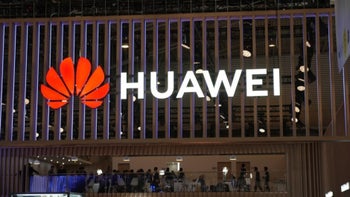
Back in May 2019, the U.S. was looking to punish Huawei which was then closing in on Samsung and was about to become the largest smartphone manufacturer in the world. While some believe that Huawei was placed on the Entity List because it was beating out Apple, the truth is that the manufacturer was considered a national security threat and as a result, it was banned from accessing the U.S. supply chain it had spent billions on every year.
Huawei remains on the Entity List which bans it from accessing its U.S. based supply chain
Because Huawei could not buy supplies from U.S.-based suppliers without obtaining a license, it had to give up the Google Mobile Services version of Android and create its own operating system called HarmonyOS. And to make matters worse, exactly one year to the day of its placement on the Entity List, the U.S. created a new export rule that took a shot at China's inability to be self-sufficient when it comes to integrated circuits.
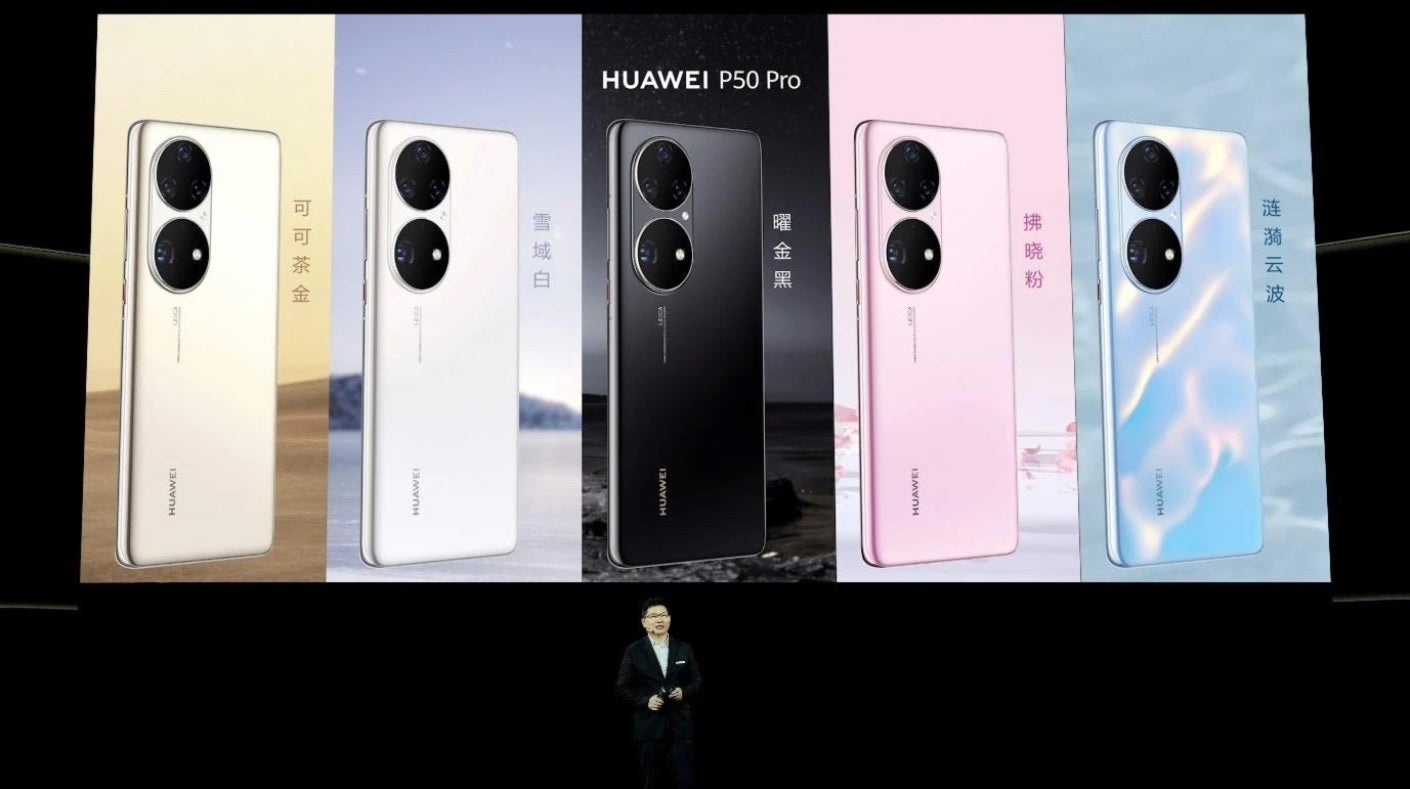
Huawei is using a special variant of the Snapdragon 888 that supports 4G only
What the U.S. announced last year was that any foundry using American technology to build cutting-edge chips are banned from shipping those chips to Huawei without a license. Once Huawei ran out of its supply of homegrown cutting-edge Kirin 9000 5G chips, it was forced to use a 4G-only variant of the Snapdragon 888 chipset. While that prevents Huawei from offering 5G connectivity on its flagship models, it gives the company access to semiconductors built using the 5nm process node.
When the new administration took over earlier this year, some believed that it would take Huawei out from under the restrictions that the previous administration placed on Huawei. But that didn't seem to be the case. However, Reuters is reporting that U.S. suppliers to Huawei and SMIC, China's largest foundry, received licenses from last November to April to sell the pair billions of dollars of goods and technology despite Huawei and SMIC's listings on the Entity List.
SMIC was blocked by the U.S. from receiving an EVU Lithography machine from Dutch manufacturer ASML. That machine helps foundries transfer circuit designs onto wafers allowing billions of transistors to be placed inside chips. Blocking the foundry from receiving the EUV machine prevented it from challenging TSMC and Samsung Foundry for process leadership.
SMIC was placed on the Entity List last December when the previous administration was still in power.
According to documents obtained by Reuters, 113 suppliers received export licenses valued at $61 billion allowing them to ship to Huawei. 188 licenses valued at $42 billion were issued to suppliers shipping gear to SMIC. More than 90% of the license requests made by SMIC suppliers were approved while 69% of the requests made by suppliers shipping to Huawei resulted in a license.
This data remained under wraps until a vote was made Thursday by The U.S. House of Representatives Foreign Affairs committee. The committee made the vote at the request of Michael McCaul, its top Republican member, who wanted the licensing data to be released. Republican China hawks were upset after hearing this news since they are trying to keep the country away from buying U.S. technology.
Approved license applications do not equal shipments
For example, Senator Marco Rubio (R-Fl) told Reuters that President Joseph Biden needs to explain why these suppliers to Huawei and SMIC are getting "waivers." Rubio said, "It is just another example of President Biden not taking the economic and security threat posed by the Chinese Communist Party seriously," while House Foreign Affairs committee member McCaul stated,"It's clearly in our national interest to increase transparency and public scrutiny on how our nation transfers its technology to an adversary."
However, it should be pointed out that the Commerce Department says that approved license applications do not equal shipments and that the license applications involving Huawei and SMIC follow procedures created by the Trump administration and kept in place by the Biden administration. Licenses are good for four years.
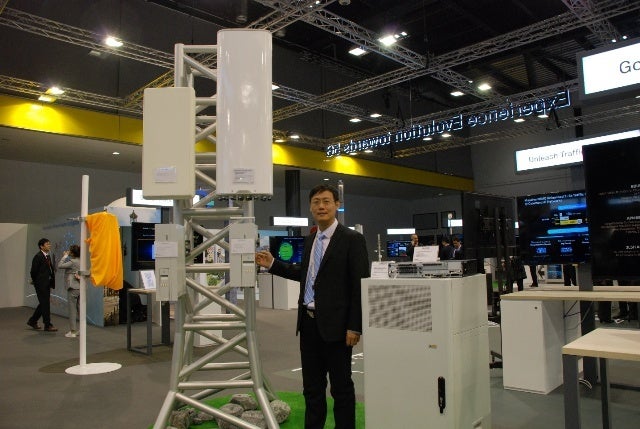
Huawei is the world's largest supplier of 5G equipment
Most of the licenses granted were for items not considered to be of a sensitive nature. 80 of the 113 licenses granted to members of Huawei's U.S. supply chain and 121 of the 188 licenses approved for SMIC's suppliers were not for shipments of sensitive gear.
A former Commerce Department official during the Trump administration said, "This very small period of license activity is not an accurate window into the Huawei and SMIC license process," he said, noting that the goal of preventing the companies from obtaining leading-edge technology without unnecessarily harming U.S. exports of other goods had been successful. "This [document release] seems designed to mislead people and generate headlines."

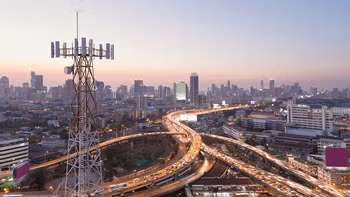





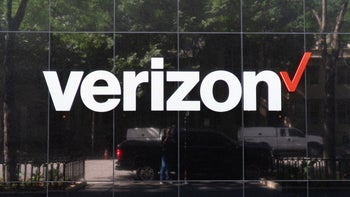
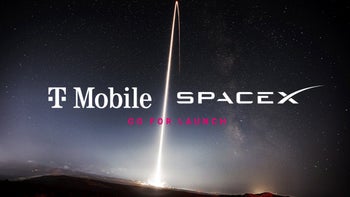
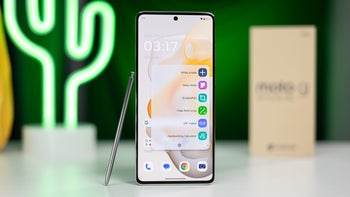
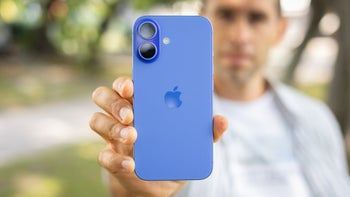
Things that are NOT allowed: